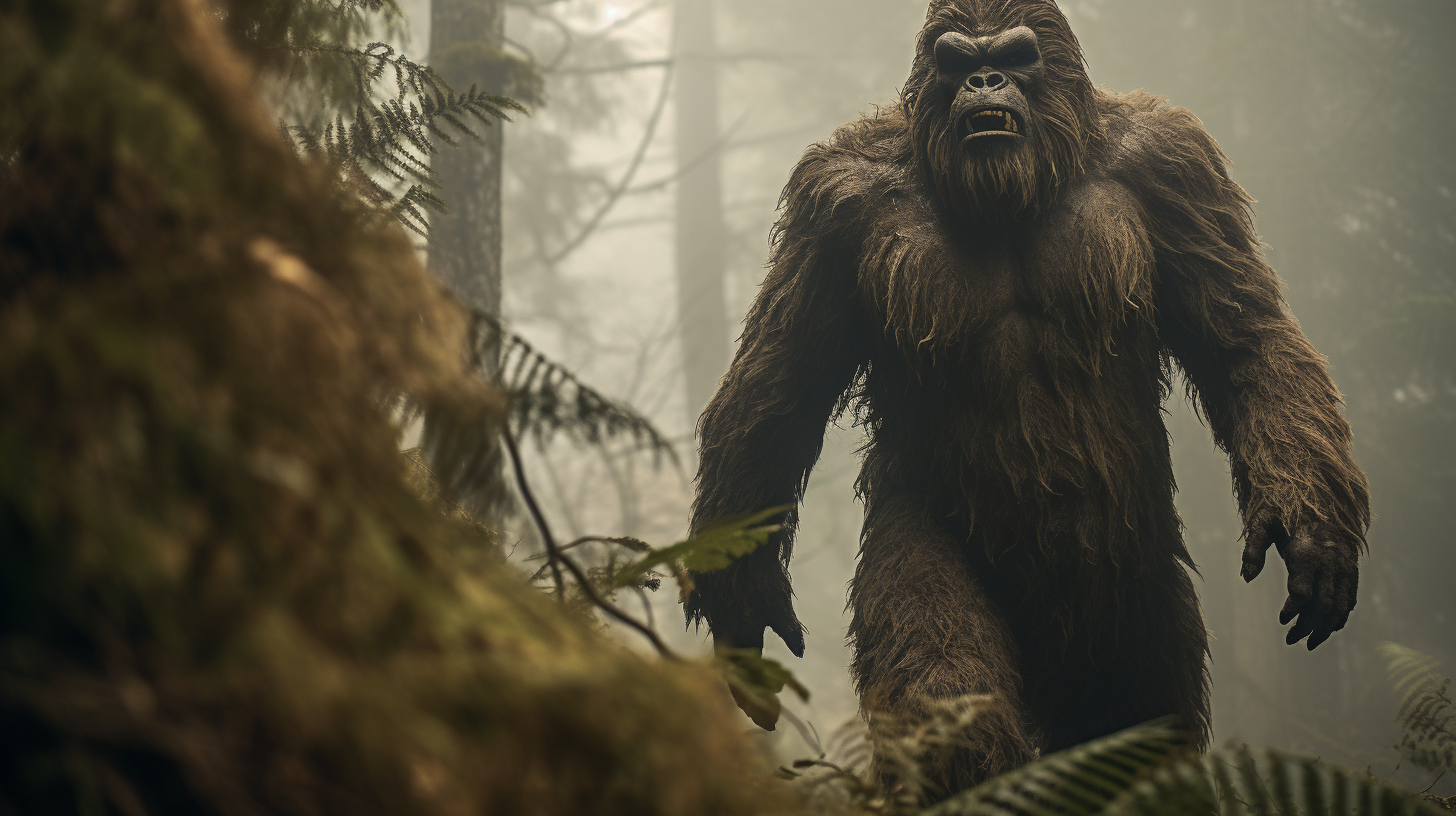The legend of Sasquatch, also known as Bigfoot, has intrigued and mystified people for generations. This elusive fringe creature said to roam the forests of North America (and more), has been the subject of countless stories, sightings, and investigations.
One of the foremost experts in this field is Professor Jeff Meldrum, a physical anthropologist from Idaho State University.
With over 300 casts of footprints and years of research, Meldrum is convinced that the evidence for Sasquatch’s existence is compelling enough to warrant serious investigation.
The Origins of Jeff Meldrum’s Research
Meldrum’s journey into Sasquatch research began 28 years ago when he discovered a trail of large, 15-inch footprints in the foothills east of Walla Walla, Washington. These prints, left after a snow melt, were unlike anything he had seen.
According to Meldrum, the footprints belonged to a creature with a foot structure similar to a human’s but with the flexibility and flatness designed for an extremely large and heavy biped, like an ape.
This discovery was pivotal in launching Meldrum’s professional career, which focused on studying possible evidence of Sasquatch.
Compelling Evidence and Skepticism
Over the years, Meldrum has collected various forms of evidence, including casts of footprints, hair samples, and even scat. The footprints he has gathered are unique in that they flex in the middle, much like an ape’s foot, but lack the opposable big toe common in other primates.
Despite the compelling nature of this evidence, the scientific community remains divided. Meldrum notes that there has yet to be DNA evidence that conclusively proves the existence of Sasquatch. However, he is encouraged by the interest of younger scholars who are open to the possibility of relic hominoids like Sasquatch existing.
The Patterson-Gimlin Film and Modern Research
One of the most famous pieces of evidence in Sasquatch lore is the Patterson-Gimlin film, shot in 1967. This footage, which shows a large, hairy creature walking on two legs in Northern California, remains one of the most debated pieces of evidence.
Meldrum has extensively analyzed this film and continues to use it in his research and public talks. In his upcoming presentations in Kennewick, Washington, Meldrum will discuss this film and share new insights from his ongoing research.
The Role of Public Engagement
Public engagement is a crucial part of Meldrum’s work. He frequently meets with the public, shares his research, and answers questions about Sasquatch.
His appearances are about sharing what he has learned and fostering a broader conversation about the possibilities that remain unexplored in the natural world.
Conclusion
The search for Sasquatch is more than just a hunt for a fringe creature; it’s a scientific inquiry into the unknown. Professor Jeff Meldrum’s work highlights the importance of keeping an open mind and continuing to investigate even the most mysterious and elusive phenomena. As Meldrum and others in the field push the boundaries of our understanding, the legend of Sasquatch remains as compelling as ever.
Sources:
- Is Sasquatch Real? Professor Visits Tri-Cities to Reveal Eastern WA, Other Evidence | Tri-City Herald
- Sasquatch: Legend Meets Science | Idaho State University
- The Patterson-Gimlin Bigfoot Film: An Analysis | Bigfoot Research Project

